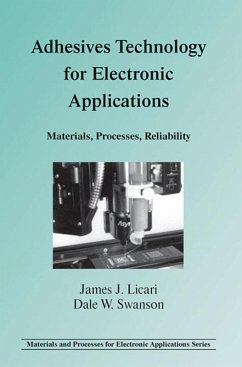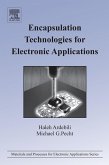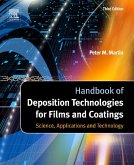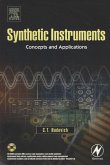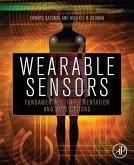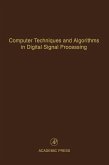This book is unique in its comprehensive coverage of all aspects of adhesive technology for microelectronic devices and packaging, from theory to bonding to test procedures. In addition to general applications, such as dies, substrate, and lid and chip stack attachments, the book includes new developments in anisotropic, electrically conductive, and underfill adhesives. Rapid curing methods such as UV, microwave, and moisture (which comply with current environmental and energy requirements) are covered. Over 80 tables and 120 figures provide a wealth of data on properties, performance, and reliability. Also included are examples of commercially available adhesives, suppliers, and equipment. Each chapter provides comprehensive references.
Dieser Download kann aus rechtlichen Gründen nur mit Rechnungsadresse in A, B, BG, CY, CZ, D, DK, EW, E, FIN, F, GR, HR, H, IRL, I, LT, L, LR, M, NL, PL, P, R, S, SLO, SK ausgeliefert werden.

